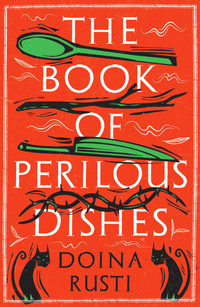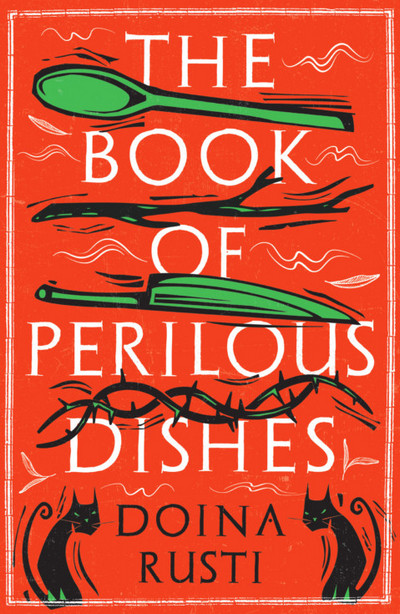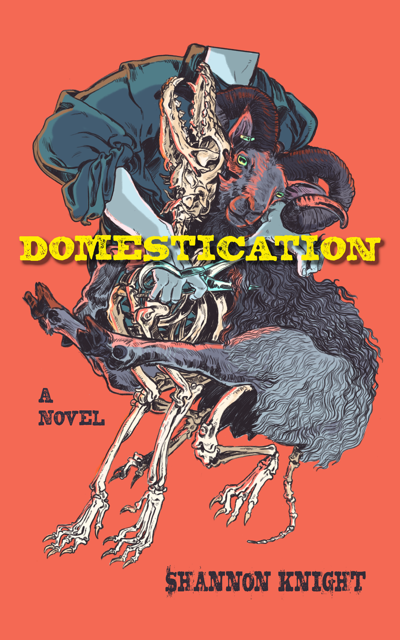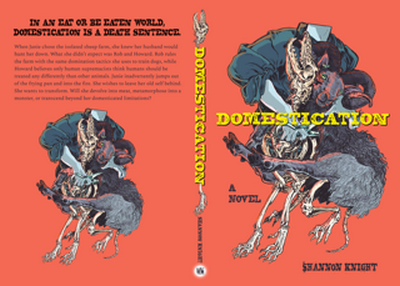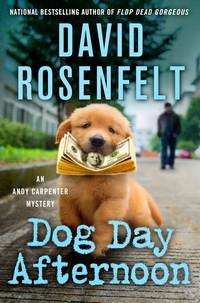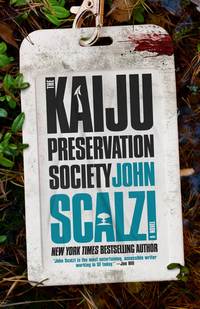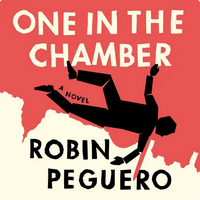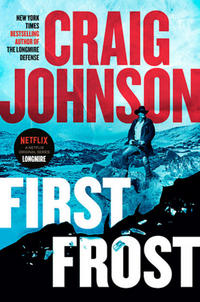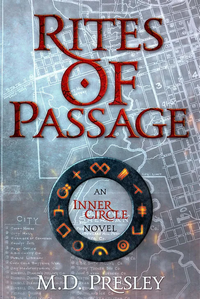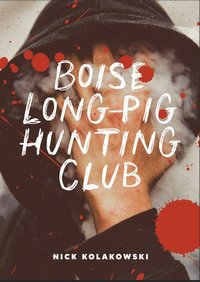 Boise Longpig Hunting Club
Boise Longpig Hunting Club
DETAILS: Series: Jake Halligan, #1 Publisher: Rock & a Hard Place Press Publication Date: June 30, 2024 Format: eBook Length: 210 pg.

A Second Edition?
On June 30, Rock & a Hard Place Press will be putting out the second edition of one of those books I haven’t been able to stop thinking of in almost six years. This will be followed by the republication of the sequel, Rattlesnake Rodeo later this year, and the third in the series, Righteous Trash, next year.
I was very excited to read about this—not only is this a heckuva read that I’m hoping finds more readers, I’m eager to read more about Jake and Frankie. Kolakowski has been nothing but generous with his time (and books) since then and it’s great to see good things happening for him.
I’ve read this book twice (and am tempted to do it again this weekend) and it’s just a blast. Also, I have to say that Kolakowski’s fictionalized Boise/Southwestern Idaho/Eastern Oregon is closer to reality than any I’ve come across. And since most of those others are from people who live here, for a New Yorker to get the geography and populace so accurately is really impressive.
For more—check out this interview Rock and a Hard Place conducted with Kolakowski.
What Did I Say About Boise Longpig Hunting Club Back When It Was First Released?
Jake Halligan is a bounty hunter—more in the Lori Anderson/JT mold, than a Stephanie Plum-type—in Boise, Idaho, and the immediate environs. He’s got a kid, an interesting relationship with his daughter’s mother, and a sister that . . . well, you just have to meet her. But think Bubba Rogowski without the size and clinical diagnosis.
Jake’s a Vet, having served in some of the worst conditions Iraq has to offer. He’s smart, he’s careful—he has people he cares about, so he has to be—and he has a conscience. It doesn’t stop him from doing his job, but it can stop him from enjoying it. Early on in the novel, we find Jake after a rough week at work—and a less-than-friendly exchange with the local police—on the whole, his life is looking pretty good, even if Janine (his ex-wife, fiancé, and mother of his child) made him pay a social call on some neighbors. When they get home, Jake finds a dead woman in his gun safe. This plunges Jake into a hunt for a killer—as well as an explanation. He’ll find both—and probably wish he didn’t. It’s a violent, nasty hunt full of crazy characters, drug dealers, Aryan assassins, corrupt police—and people who are even worse than them.
Along for the ride is Janine—I can’t say enough about Janine as a character. From her attitude towards a house without books, to her hidden strength and anxieties—and all points in between. Then there’s Frankie, his sister—she’s cocky, funny, and vicious—she’s the biggest gun dealer in Idaho, not even close to legal, and the law can’t touch her. The law can’t even find her. She’s surrounded by associates/employees who are almost as colorful as she is (some even more so)—and is definitely the person you want at your side (or back) in a firefight.
Which is good—because they’re going to find themselves in a few.
Kolakowski has a great way with his characters—they’re real, they’re human—and they’re larger than life in a way that you’ll absolutely buy, as well as enjoy. When the action starts, it is gripping and exciting—you’ll keep turning pages. When there’s a lull in the action, you can bask in the character moments. I’m not really sure what else can I say beyond that. This is the whole package, you get to spend time with interesting people being interesting, and when they take a break from that, it’s because fists or bullets are flying—or maybe something explodes.
My one gripe—and it’s not much of one before we get back to me saying nice things. The ending is abrupt. I’m not sure if I can think of a well-known book/movie to compare it to. You’re just reading along, hoping that Jake, Frankie, Janine, and the rest survive this mess, and then before you really realize what happened, it’s over. You know who survives—and who doesn’t—and the book ends with very little wrap-up (actually the wrap-up happens before the ending—that remark will make sense when you read it). Kolakowski had a story to tell and he didn’t drag out the ending, much like his protagonist would approach things, I expect. He got the job done and moved on. I would’ve preferred a little more time after the main events are over—there are things I want to know about the immediate aftermath. There aren’t loose ends left untied, I’d just like to see what they look like after they’re taken care of. You can make a strong case that this is the way to end a book—when things are done.
It’s not often that I can evaluate an author’s use of geography—I know that Robert B. Parker and Dennis Lehane have tweaked Boston, I understand that Butcher goofs re: Chicago’s neighborhoods, etc. but I don’t know that reading the books, I learn that later. It’s rare when I’ve been somewhere a book has been set—a little bit with the Mercy Thompson books (but I’m better at noting pronunciation on the audiobooks that no resident would recognize), I noted that Wesley Chu fumbled a smidge Eastern Oregon in the third Tao book, and that Marilynne Robinson’s Housekeeping was creative with the facts, etc. But by and large, this book takes place in the area I’ve lived in most of my life, so I feel that I can actually comment—and Kolakowski nailed it. Not just the details, but he’s got the feel, he’s got the atmosphere, the attitude toward change, and the out-of-state money that’s bringing the change. he’s changed business names and whatnot, but I can still recognize them—I love seeing this kind of detail brought to life. I’m trusting that his depiction of local crime is hyperbolic, however.
I’m a little worried that it’s as accurate as the rest, actually . . . but we’ll move on.
There’s a visceral feel to this novel and these characters—people in places most don’t think about showing skills, interests, and circumstances that you don’t normally associate with that area. Just a guy trying to make a decent life for his family and himself, who finds himself in dangerous situations. I couldn’t help but think of Jason Miller’s Slim in Little Egypt series while reading his. Jake’s far more capable than Slim, and is far less likely to end up on the wrong end of a beating. But there’s a very similar ethos in the books, and fans of one should grab the other right away.
I’m not going to belabor the point anymore, I think it’s clear that I enjoyed the heck out of this—it’s fast, it’s energetic, it’s fun. Go grab a copy of it.
Basically, Get Your Hands On The New Edition

![]()



